How university education divided Britain and helped create the ‘culture wars’
A growing number of political scientists say that education – not social class – is now Britain’s main political divide. Why is this, asks Sunny Hundal

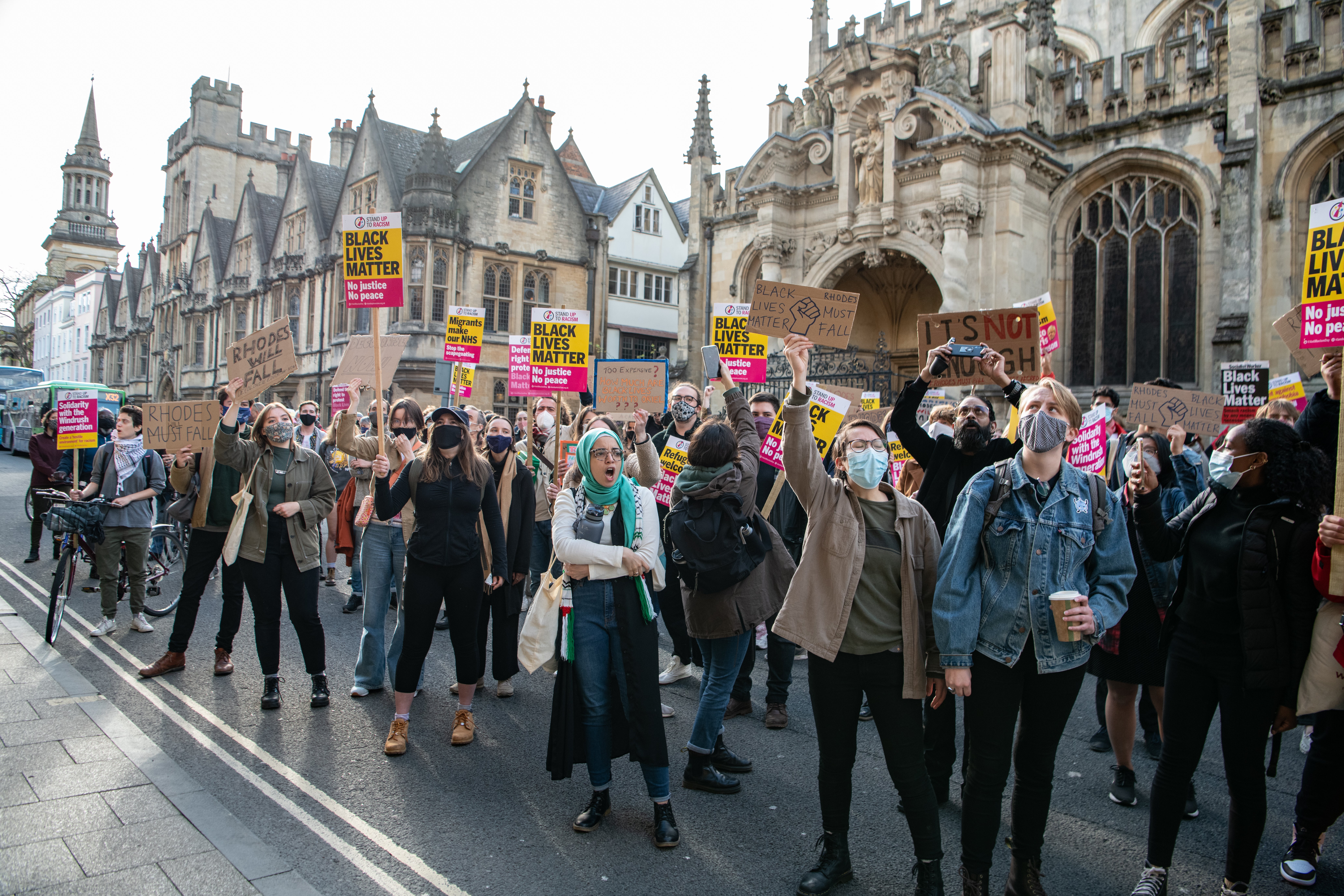
By the time I was 10 years old, my parents had drummed into me that I would be going to university. I thought it was just the done thing. Clearly, I wasn’t alone in being pushed in that direction. By the time I started at Brunel University in 1997, a large wave of Britons had started that journey too. In the 1960s only around 4 per cent of British school-leavers went to university. This slowly rose to 15 per cent by the 1980s and – after a big push by New Labour – rose to over 50 per cent of all school-leavers by 2021. As Tony Blair famously said: “Education, education, education.”
I think we under-appreciate how the graduate generation transformed Britain – culturally, geographically, politically and economically. Large swathes of this generation grew up with a new outlook on the world, one in favour of liberalism, multiculturalism and globalisation. It now seems to care more about democratic rights while enjoying living in culturally diverse cities, and it wants the right to live and work anywhere.
It wasn’t until the era of Donald Trump and Brexit came along – and challenged this drift – that non-graduates found their voice. Naturally, graduates have started to reorganise in return. Until recently, most graduates voted roughly equally across the political spectrum because all parties advanced their interests. No more.
A growing number of political scientists say that education – not social class – is now Britain’s main political divide. Whether someone has a degree or not is the best indicator we have of their voting behaviour. Two social scientists, Rob Calvert Jump and Jo Michell, found that education attainment could correctly predict how a local authority voted in Brexit in 90 per cent of the cases. On the other side of the pond, in 2016, the American political scientist Nate Silver explained how, “Education, not income, predicted who would vote for Trump.”
It would be a mistake to see this simply as a difference in educational attainment. Education is a cultural element that now runs through the heart of the modern western world, with each side gearing up for battle. It has sparked what we in the media call the “Culture Wars” – public arguments about our different identities – and deepened the rift between graduates and non-graduates.
To my mind, everything else flows from culture and identity. Therefore it’s important to understand the graduate generation’s cultural and social outlook on life. Going to university, an often more racially mixed and liberal environment makes people more comfortable with diversity and democracy.
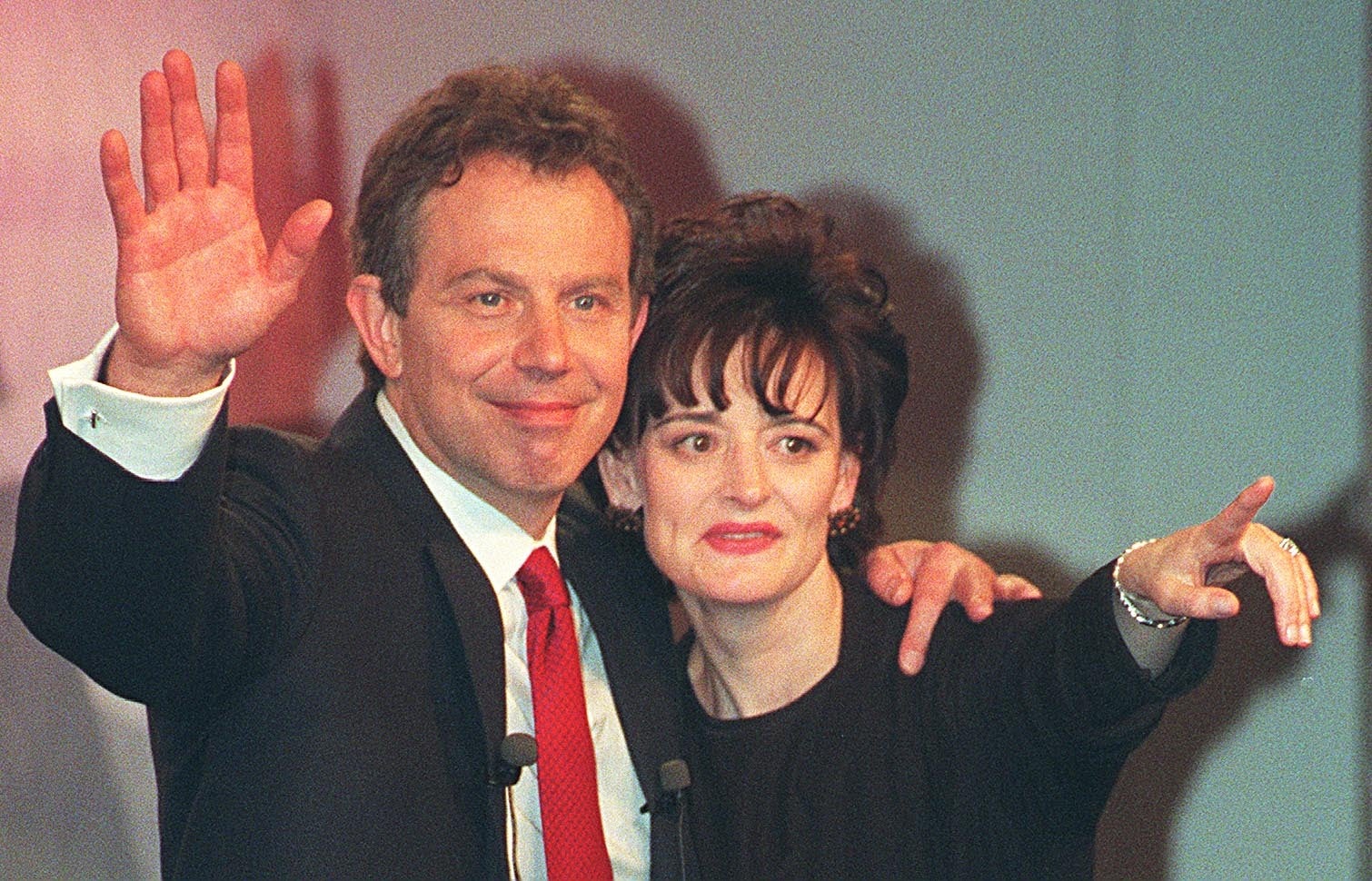
I know that feeling. I became more exposed to ideas around feminism, LGBT+ rights and equality. In other words, university made me a social liberal, not my upbringing.
Ralph Scott, from the University of Manchester, wrote in a recent paper: “As populations become more highly educated on average, we should expect continuing aggregate value change towards lower levels of authoritarianism and racial prejudice, with significant consequences for political behaviour.”
Several studies and surveys have confirmed these findings. “Highly educated adults – particularly those who have attended graduate school – are far more likely than those with less education to take predominantly liberal positions across a range of political values, found the Pew Research Centre in 2016. More importantly, it found these differences have increased over the past two decades.
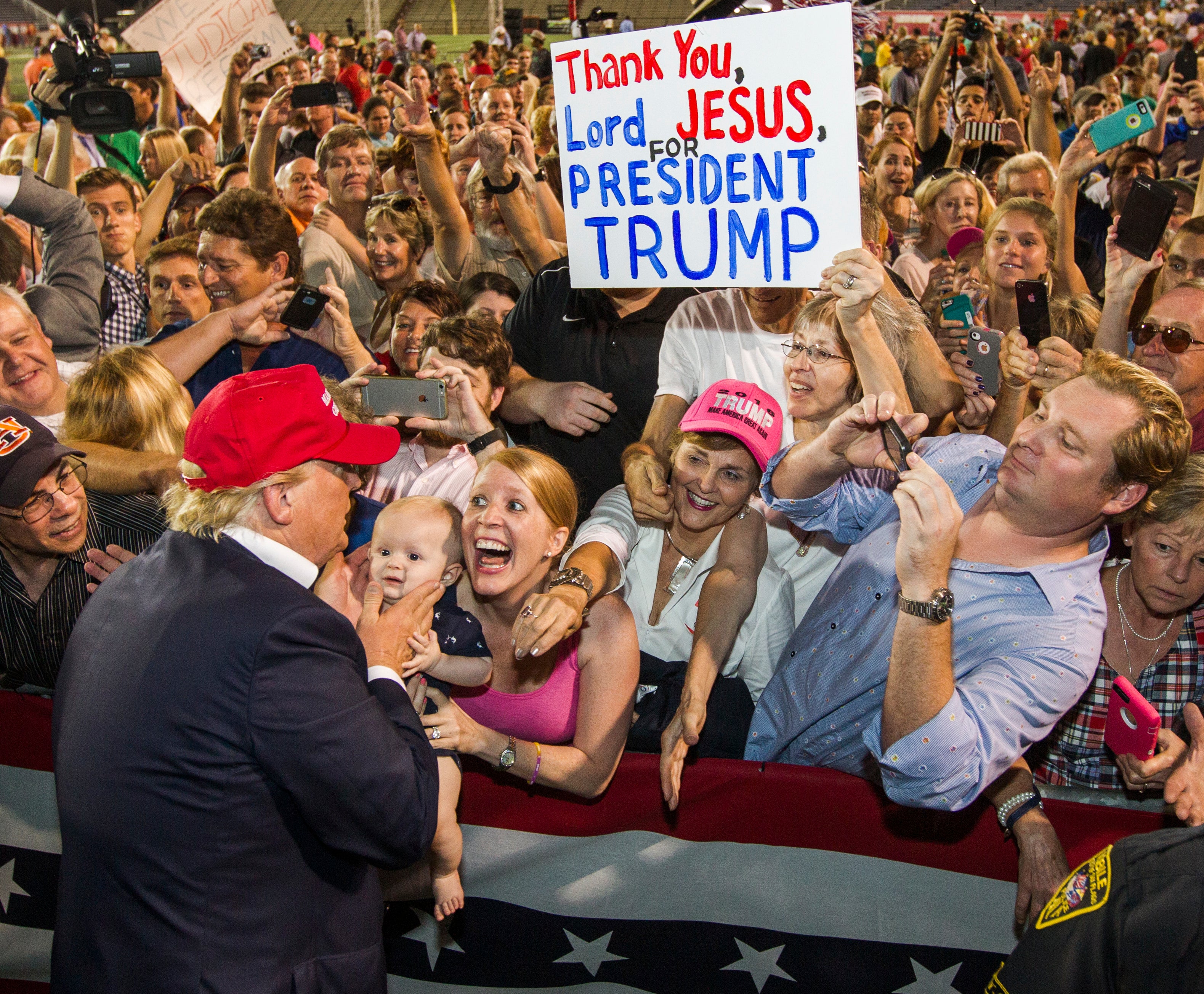
It also made us more open to immigration – which has always been more about our comfort with cultural change than jobs. As John Burn-Murdoch wrote in the Financial Times recently, Britain has been a high-immigration country since the 1990s and has become remarkably more relaxed about it over time, even during the Brexit referendum.
The same trend has been observed across the west. In 2020, for the first time, more Americans wanted to see immigration increase than decrease. As recently as 1995, 65 per cent of Americans had wanted less immigration, while just 7 per cent wanted more of it. Remarkably, this sea-change in values accelerated since Trump and Brexit.
Inevitably, graduates have started to dominate British culture too: the arts, media, books, music, TV and the internet. Related to this is what we call the rise of “identity politics”. A more diverse world will inevitably have more arguments on how to deal with multiple identities. That wasn’t needed or even encouraged when our world was much more homogeneous.
By focusing on ‘getting Brexit done’, Boris Johnson remodelled the Conservatives into a party representing those who feel left behind, just as Trump had done so with the Republicans
This may play into the fears of some over the impact of liberalism and multiculturalism on their way of life, the cultural divide between us: everything from “metropolitan elites” or “woke urbanites” to “citizens of nowhere”. On the other side of the coin are terms like “ignorant” or “Little England” or, as Hillary Clinton put it, “the basket of deplorables”.
Graduates want the freedom to work and live where they want. We are comfortable with globalisation because it benefits us, and embraced the European Union because it represented that ideal. In contrast, non-graduates are more likely to worry about the impact of globalisation on their jobs and wages.
As younger people move to and live in cities, where they can more easily work in the knowledge economy, a geographical divide is also being created across the west. Will Jennings, Professor of Political Science at Southampton University recently wrote: “The Brexit vote and 2017 general election exposed the deepening geographical divide in British politics: between places that have prospered in a globalised knowledge economy – predominantly major cities – and those on the periphery, towns and rural areas.”
After the recent local elections, where these trends continued, James Kirkup at The Spectator wrote: “London is just the start of the story, and to be clear, it’s not ‘London’ that changes voting patterns. It’s the flow of graduates to London that are changing London and its politics. Because people with degrees are likely to end up in London. In all, around 25 per cent of all graduates who move after studying go to London. Another 50 per cent or so move to other cities.”
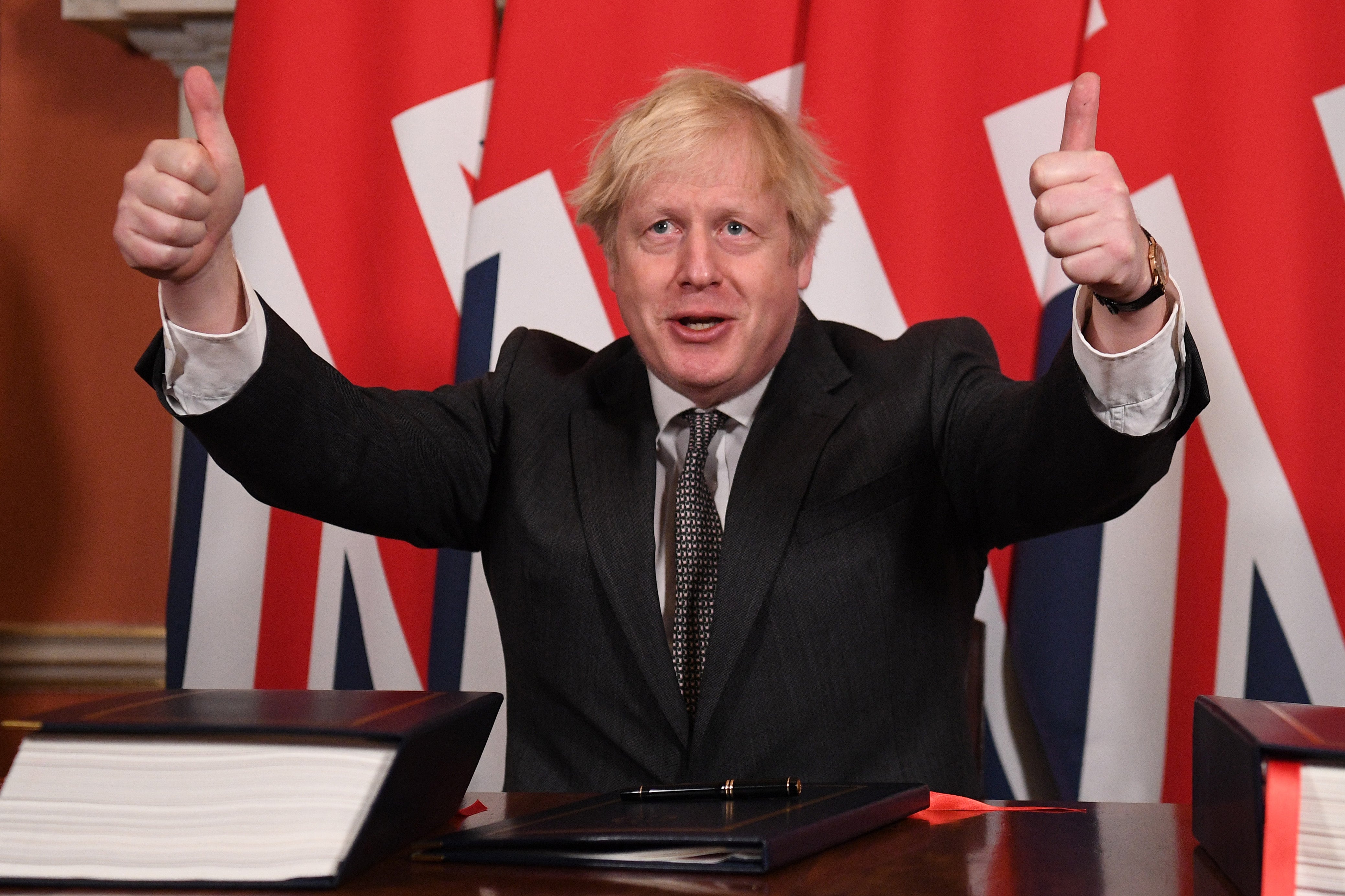
As the university divide gets reinforced in our culture, where we live, the jobs we do and how we vote, political parties are having to adjust.
By focusing on “getting Brexit done”, Boris Johnson remodelled the Conservatives into a party representing those who feel left behind, just as Trump had done so with the Republicans. At the same time, the Labour party is being forced to become more comfortable with immigration (which Trade Unions were traditionally against), take democratic norms more seriously, and embrace globalisation (against the wishes of Labour Leave voters).
The political ramifications are clear across the western world. Graduates are no longer split across parties anymore, they vote for those that advance their interests. Political parties are having to adopt positions that either cater for the cultural and economic values of these two groups. So far, no one has been able to easily bridge that divide.
You might think the university divide isn’t good for our societies. Certainly, a lot of people hate “identity politics” – on the left and the right. There have been many who have questioned whether we need to train so many graduates. Personally, I feel – despite the growing cost of university – the benefits are obvious. But I’m aware not everyone will feel the same.
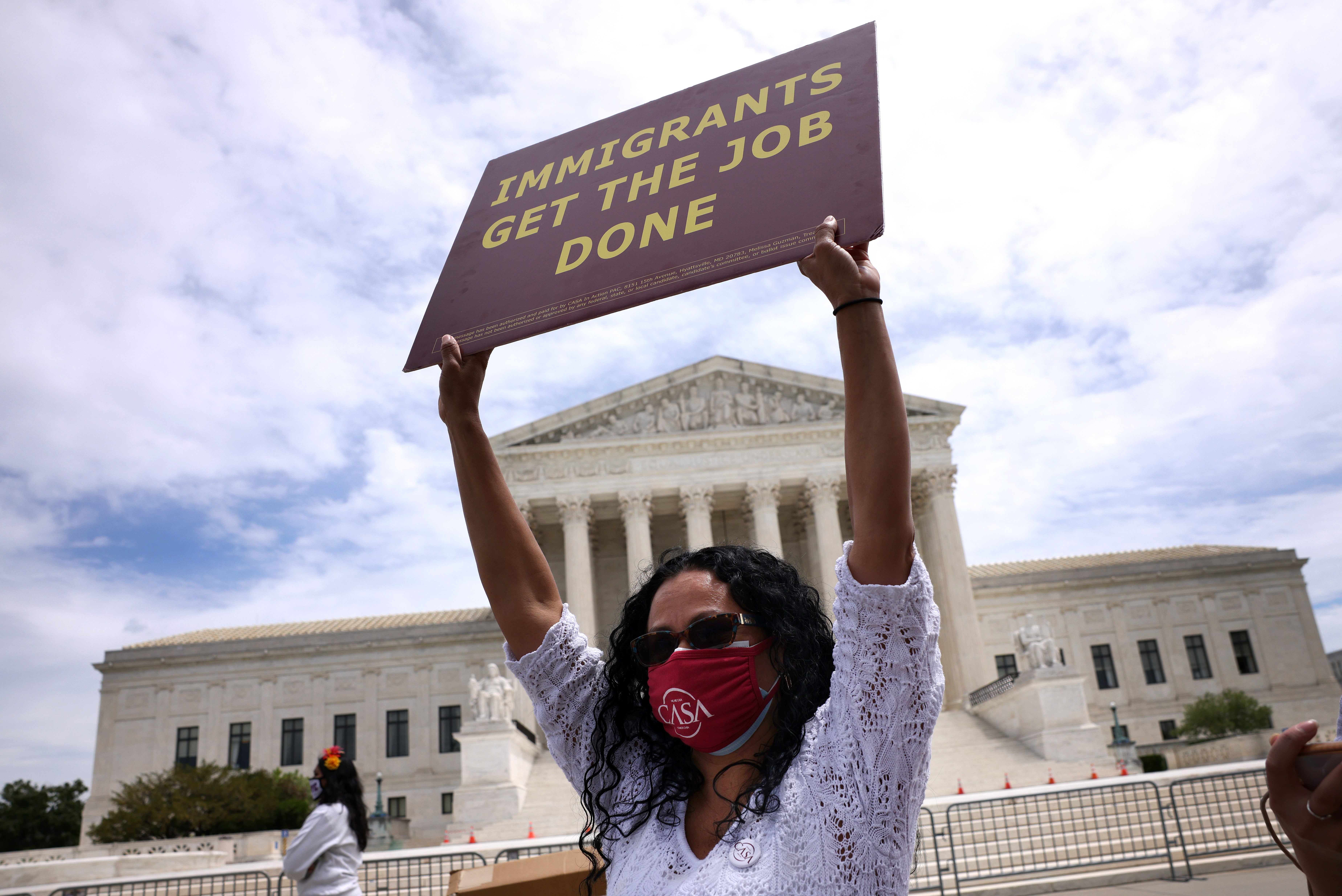
Inevitably, some conservatives have started lamenting that universities have become too left-wing. In Britain, academic Eric Kauffman has complained: “The growing challenge from a ‘woke’ ideology that values emotional safety over academic freedom is gaining institutional traction in academia and beyond.”
A similar worry has started to take hold in US academia. Of course, conservatives have a right to worry about political discrimination and self-censorship at universities. In the past, left-wing views were subversive and challenged the status quo; now that role is played by right-wingers. But such complaints also miss the point: university graduates have simply adopted politics that best advance their interests: globalisation and multiculturalism. There is little point in swimming against the tide. It’s like trying to persuade billionaires to become socialists; you might persuade a few but not the majority.
The reorganisation of our societies along the education divide was perhaps inevitable. The likes of Nigel Farage, Donald Trump and Boris Johnson tapped into a reservoir of feeling that had been building up for 30 years.
Moreover, we should be welcoming this shift. If western countries become more diverse, cosmopolitan, liberal and open, I believe we will become stronger and more prosperous societies.
Therefore, it would follow that if we want to advance progressive politics, we need more people going to university. A few weeks ago, Blair popped up to say that we should now aim to get 70 per cent of school leavers into university. I have to say I agree.




Join our commenting forum
Join thought-provoking conversations, follow other Independent readers and see their replies
Comments